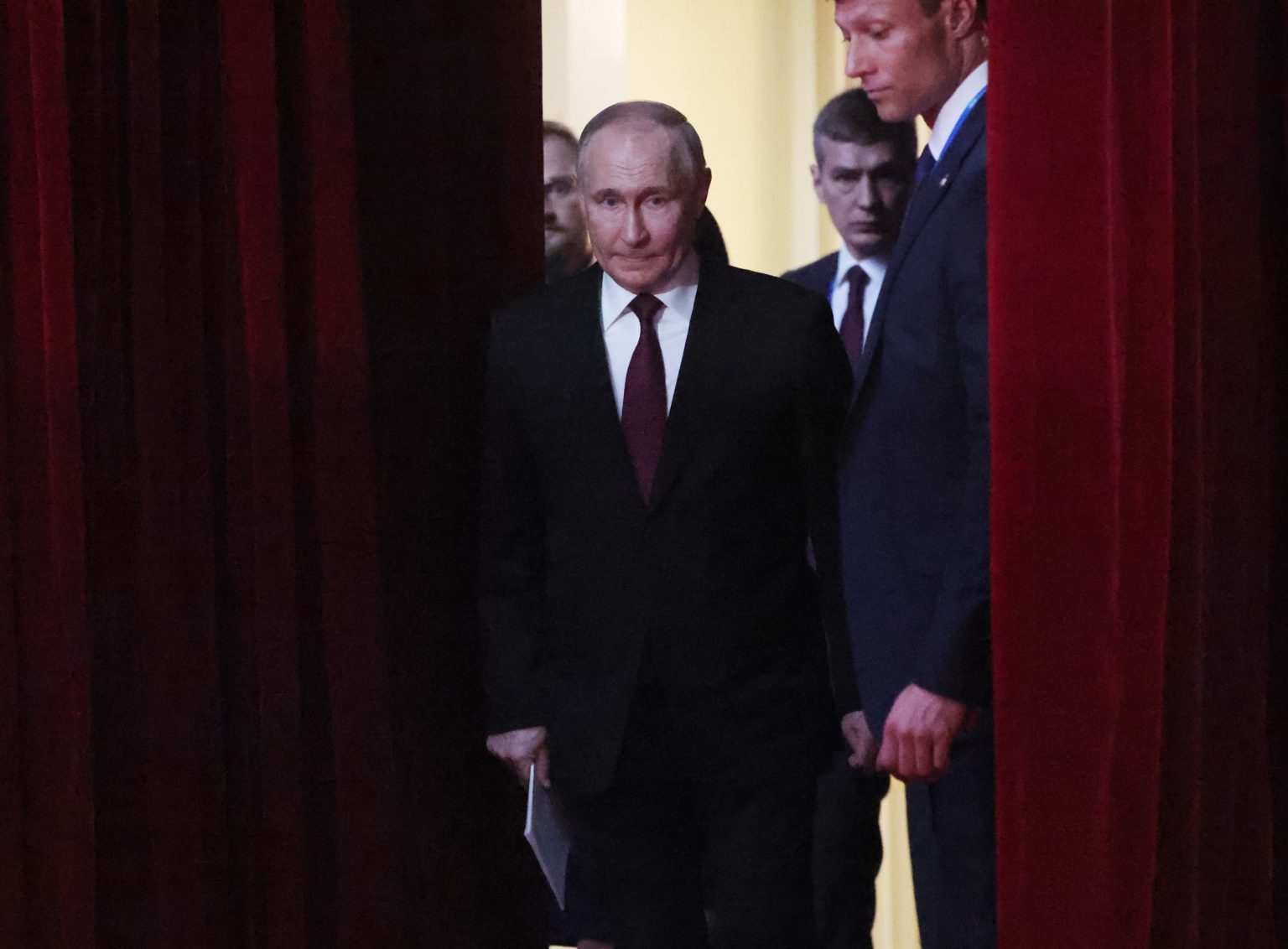Russian President Vladimir Putin’s recent trip to China did not result in securing a contract for the Power of Siberia 2 gas pipeline, a key project for Moscow’s struggling energy sector. Despite a joint statement declaring a “new era” in Sino-Russian relations and a warm embrace between Putin and Chinese President Xi Jinping, no agreement was reached during the visit. Russia has been redirecting its natural gas and oil to China in the aftermath of its invasion of Ukraine, with the first Power of Siberia pipeline set to reach full capacity this year and supply 38 billion cubic meters of gas annually to China.
The deepening energy relationship between Russia and China has given Beijing more leverage over the terms of the deal, with gas prices to China significantly lower than those for European markets. Putin has been pushing for an increase in the annual gas flows to China to 100 billion cubic meters, but has so far failed to secure the necessary approvals for the Power of Siberia 2 pipeline. Observers believe that China may be waiting for Russia to commit to funding the project on its own before green-lighting the deal. The lack of progress on this front comes at a time when Russian gas giant Gazprom Group reported losses for the first time in more than two decades, adding pressure to finalize the pipeline project.
The joint statement released after Putin’s talks with Xi mentioned a general commitment to deepen cooperation in the energy sector, including oil, natural gas, liquefied petroleum gas, coal, and electricity. The statement characterized the Sino-Russian relationship as a “model” for international relations, contrasting it with the “bloc confrontation” and “hegemony” of the U.S.-led order. However, the lack of a specific agreement on the Power of Siberia 2 pipeline underscores the challenges facing Russia in securing its energy future and maintaining its position as a major global energy supplier.
The Power of Siberia 2 pipeline is expected to reroute 50 billion cubic meters of natural gas annually to northern China, a capacity comparable to the Nord Stream pipelines that supply gas to Germany. Beijing is said to be waiting for Russia to cover the costs of the project entirely before moving forward, indicating a desire for a favorable pricing deal. The issue of funding and pricing terms has been a sticking point in the negotiations, with Moscow eager to secure access to China’s lucrative energy market but facing difficulties in reaching a mutually acceptable agreement.
As Russia seeks to strengthen its energy ties with China to offset losses incurred from its actions in Ukraine, the failure to secure a contract for the Power of Siberia 2 pipeline highlights the challenges and complexities of Sino-Russian energy cooperation. Moscow’s inability to finalize the deal raises questions about the future of its energy sector and its ability to maintain a strong partnership with Beijing in the face of competing interests and pricing demands. The outcome of Putin’s visit to China underscores the need for continued negotiations and mutual concessions to ensure the successful implementation of key energy projects between the two countries.








